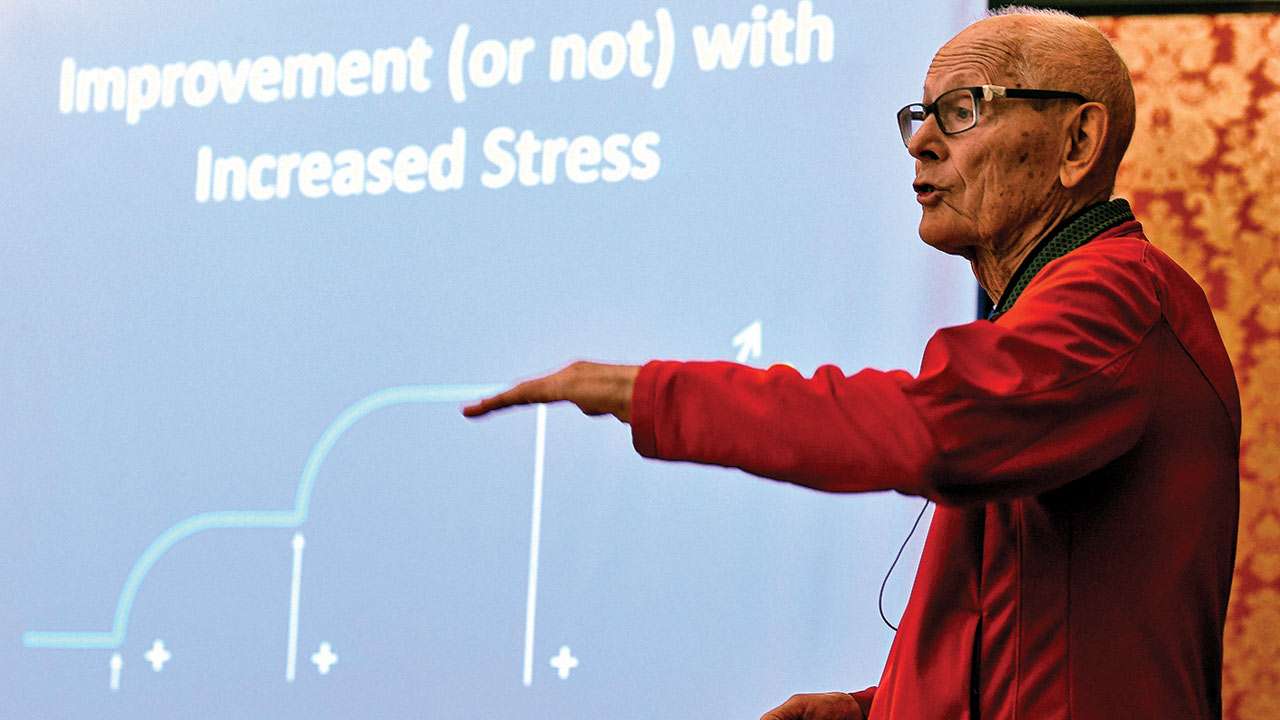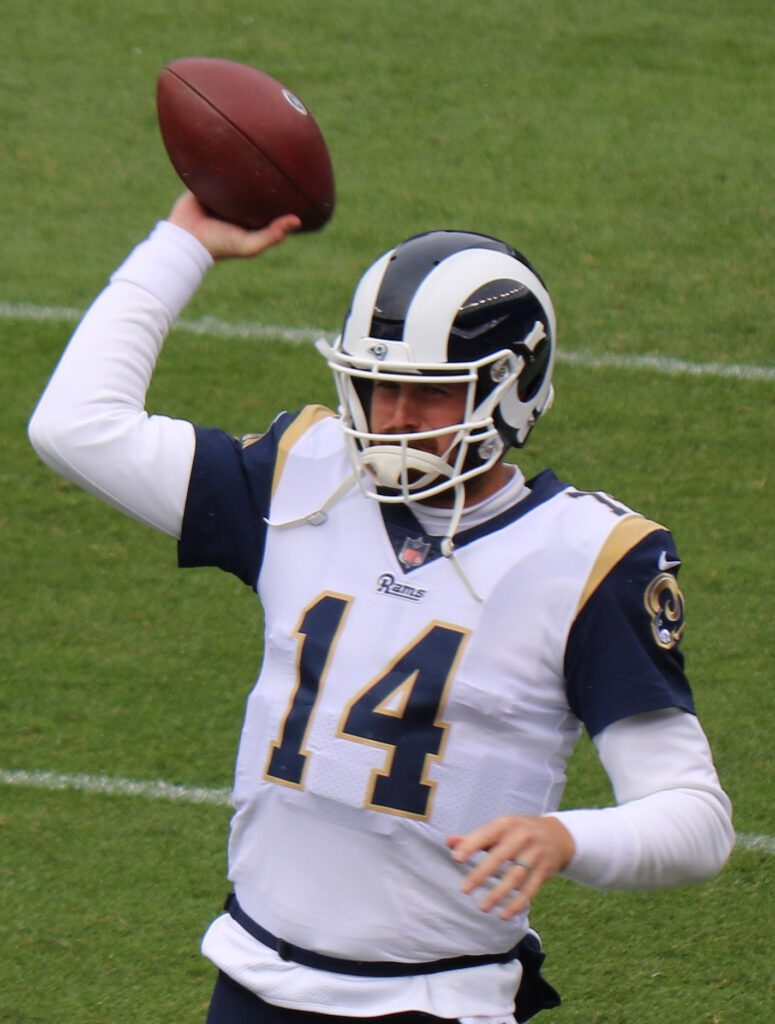
American football, with its intricate rules and rapid gameplay, is no stranger to controversy, especially when referees’ decisions come under the microscope. In the high-stakes world of professional sports, where immense financial and reputational capital is on the line, unwavering impartiality from officials is not just expected—it’s paramount. Yet, the human element, and sometimes more profound influences, frequently cast a long shadow over the integrity of the game.
The ripple effect of these critical decisions extends far beyond the immediate scoreboard, carrying profound financial implications for teams, leagues, and even national sports federations. From significant losses in playoff revenue to altered sponsorship deals and diminished market appeal, a singular blown call can quite literally cost organizations millions of dollars. These moments become etched in sports lore, fueling passionate debates among fans and players alike for decades.
This in-depth exploration will delve into 14 of the most disputed referee decisions in the annals of sports history. These are the decisions that continue to ignite strong emotions and raise serious questions about the bedrock principles of fairness and trust. We begin by examining a groundbreaking study that illuminates how financial pressures can subtly sway officiating, setting the stage for a series of unforgettable controversies that underscore the immense power of a single whistle.

1. **The UTEP Study: Financial Pressure and NFL Officiating**Imagine a world where the whistle isn’t just calling a foul, but also subtly safeguarding a league’s bottom line. A groundbreaking UTEP study has pulled back the curtain on this intriguing possibility, revealing how financial incentives may discreetly shape officiating decisions in the NFL. This isn’t about explicit corruption, but rather a nuanced phenomenon akin to regulatory capture, where institutional pressures adapt behavior to preserve stability and revenue.
By meticulously analyzing over 13,000 penalty calls from 2015 to 2023, researchers uncovered a disproportionate favoring of the Kansas City Chiefs during postseason play. This trend, intriguingly, aligns with the meteoric rise of the Chiefs under quarterback Patrick Mahomes, solidifying their status as one of the league’s most marketable franchises. The study indicates that playoff penalties against opposing defenses of the Chiefs’ offense were significantly more likely to result in first downs and cover more yardage. These calls often fell into subjective categories such as roughing the passer or pass interference.
What makes this finding even more compelling is its specificity; this phenomenon was uniquely pronounced with the Chiefs, noticeably absent in other dominant dynasties like the Tom Brady–led New England Patriots. Spencer Barnes, Ph.D., assistant professor of finance at UTEP, stated, “Our findings suggest that when the league’s financial health is at stake, rule enforcement may subtly shift to protect market appeal.” This research challenges assumptions of neutrality in rule enforcement, impacting competitive balance and public confidence in institutions where financial health is paramount.
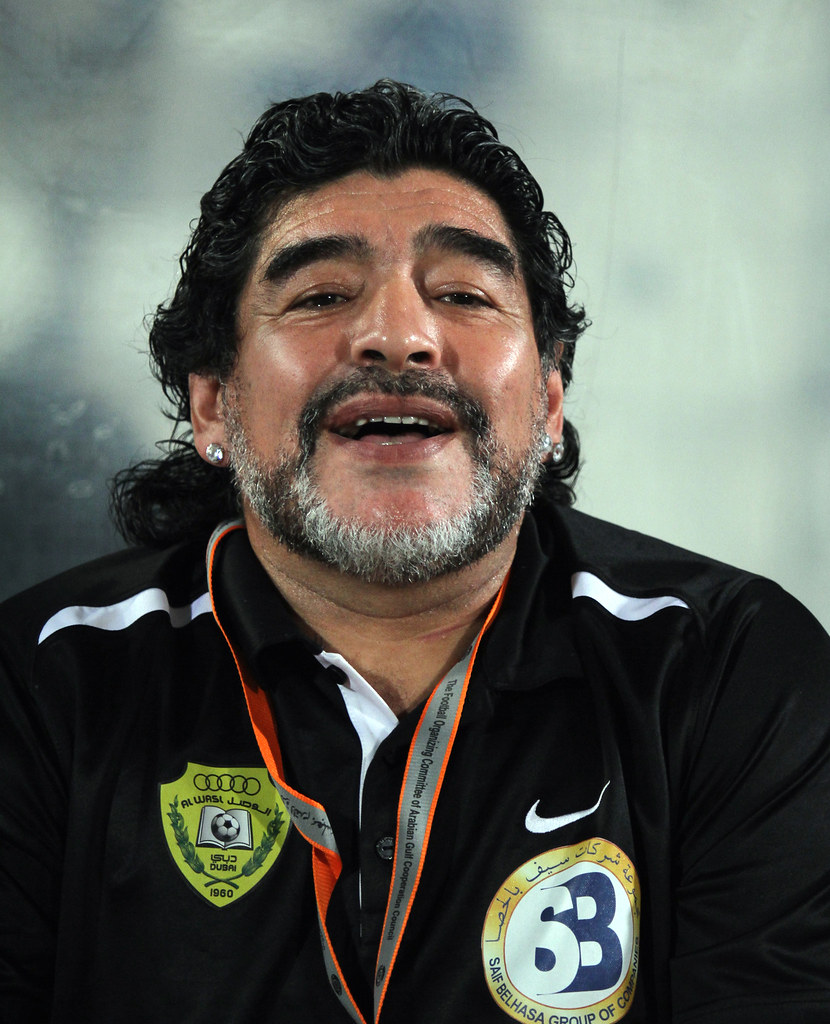
2. **Diego Maradona’s “Hand of God”: The Ultimate Deception**Some moments in sports transcend the game itself, becoming indelible cultural touchstones. The 1986 FIFA World Cup quarter-final between Argentina and England delivered one such moment, forever etching Diego Maradona’s “Hand of God” into the annals of sporting controversy. It was a play that epitomized both audacious cunning and blatant rule-breaking, leaving a bitter taste in the mouths of English fans and igniting a global debate.
In the 51st minute, with the score locked at 0-0, Maradona leaped high inside the penalty box, challenging England goalkeeper Peter Shilton for a loose ball. Instead of heading it, the Argentine legend brazenly punched the ball into the net with his left hand. Tunisian referee Ali Bin Nasser, positioned poorly, failed to spot the clear infraction, and the goal controversially stood, sending shockwaves through the stadium and beyond.
Maradona famously attributed the goal partly to “the hand of God” and partly to his own head. This controversial decision gave Argentina a crucial 1-0 lead, a pivotal moment in a match they would go on to win 2-1, ultimately paving their way to winning the entire tournament. The “Hand of God” remains arguably the most famous refereeing gaffe of all time, costing England a chance at World Cup glory and the immense financial and national pride that comes with it, profoundly impacting millions in potential revenue.

3. **The 1972 Olympic Basketball Final: Cold War Controversy**In the heat of the Cold War, sports often served as a surrogate battlefield, and nowhere was this more evident than in the dramatic and deeply controversial 1972 Olympic basketball final. The United States, perennial champions, faced off against the Soviet Union, leading to a spectacle forever shrouded in allegations of biased officiating and a source of palpable American anger decades later.
With the United States holding a slim 50-49 lead in the dying seconds, officials granted the Soviets not one, but multiple extra attempts after time appeared to have expired. The confusion began when the clock malfunctioned, leading to a disputed timeout. Despite the U.S. team celebrating what they believed was a hard-fought victory, the game was restarted, granting the Soviets another possession under highly questionable circumstances.
During this chaotic third restart, Alexander Belov scored the winning basket, securing a 51-50 victory for the Soviet Union. The American team, feeling profoundly robbed of an earned gold, collectively refused to accept their silver medals, a powerful and symbolic protest against flagrant injustice. This incident stands as a profound black mark on Olympic officiating, a moment where political tensions seemed to bleed onto the court, impacting the very spirit of international competition and imprinting itself permanently on history.

4. **Match-Fixing Referee: The 2002 Western Conference Finals Scandal**When the integrity of the game is compromised by deliberate manipulation, the stakes skyrocket from mere controversial calls to outright betrayal. The 2002 NBA Western Conference Finals, pitting the Sacramento Kings against the Los Angeles Lakers, delivered such a scandal, casting a dark cloud over what should have been a thrilling playoff series. This series became infamous not just for bad calls, but for alarming revelations of potential match-fixing.
Game 6 saw the Lakers, heavily favored, benefit from an astonishing number of questionable officiating decisions. Most notably, Los Angeles attempted an unprecedented 27 free throws in the fourth quarter alone, a statistical anomaly that immediately raised red flags among observers and Kings fans. The sheer volume of calls against Sacramento, particularly in crunch time, seemed designed to tilt the outcome decisively.
Years later, former NBA referee Tim Donaghy, found guilty of match-fixing in other games, corroborated these suspicions. Donaghy explicitly indicated that this game was deliberately manipulated by officials to extend the series and benefit the Lakers, a move generating millions in additional revenue for the league. This exposé ripped apart the veneer of impartiality, revealing a chilling undercurrent where financial motives could dictate outcomes, costing the Kings a legitimate shot at an NBA Finals appearance and potentially a championship worth tens of millions.
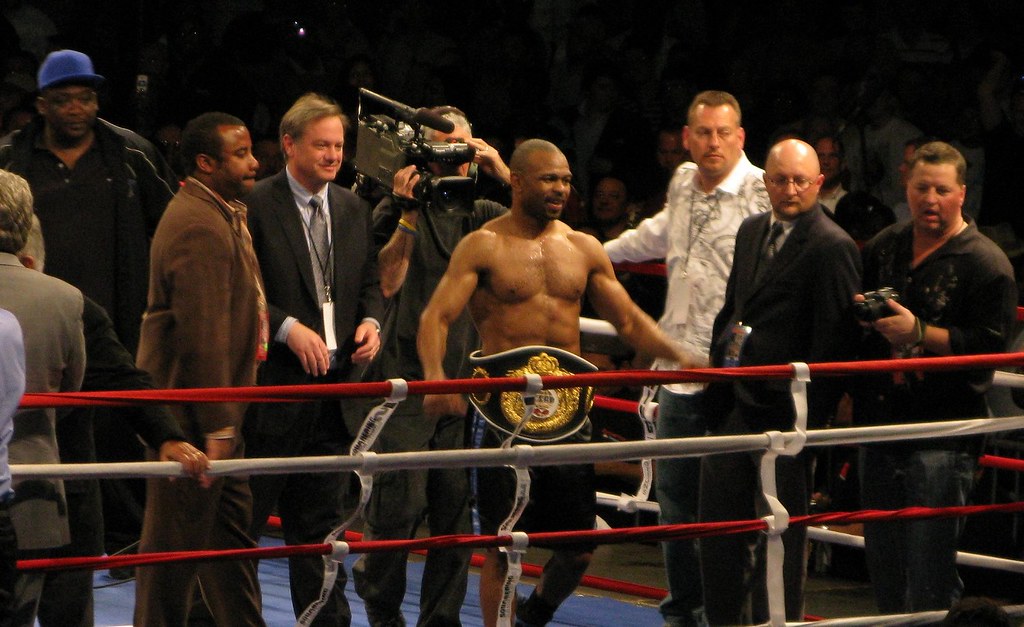
5. **Roy Jones Jr. and Bribed Judges: Olympic Gold Denied**Boxing, perhaps more than any other sport, places immense power in the hands of its judges, whose subjective scoring often determines a fighter’s fate. The 1988 Seoul Olympics witnessed a travesty of justice that denied one of the sport’s all-time greats, Roy Jones Jr., a rightful gold medal, uncovering a scandal that laid bare the corrupt underbelly of amateur boxing. It was a moment that continues to infuriate boxing purists.
Jones Jr., then a dazzling amateur talent, completely dominated his light middleweight gold medal bout against South Korea’s Park Si-Hun. The American landed a staggering 86 punches to Park’s mere 32, showcasing a masterful display of skill, speed, and precision throughout the contest. Spectators and commentators alike were in agreement: Jones Jr. was unequivocally the superior fighter, performing at an Olympic gold medal level.
Shockingly, when the decision was announced, the judges awarded Park Si-Hun the victory by a controversial 3-2 margin. The injustice was so blatant that even Park Si-Hun himself apologized to Jones Jr. afterward. Subsequent investigations by the International Olympic Committee confirmed suspicions of foul play, revealing that three of the five judges had indeed been bribed. This scandal not only robbed Roy Jones Jr. of an Olympic gold medal and millions in potential endorsement earnings but also cast a dark shadow over the integrity of the Olympic Games.
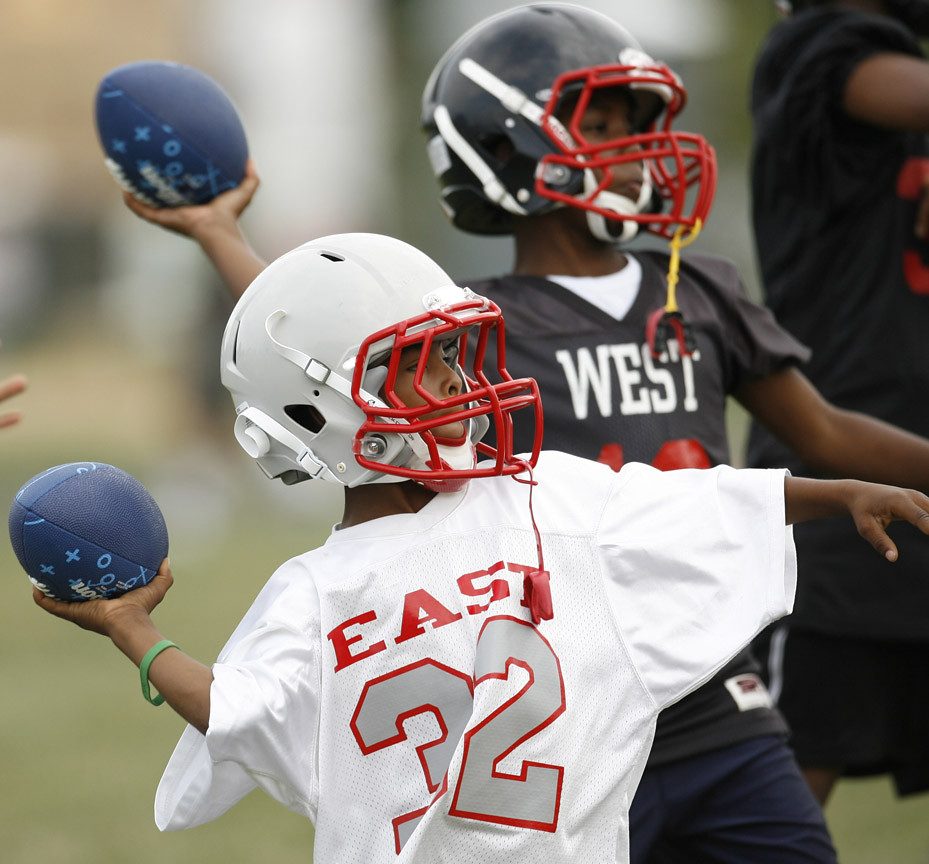
6. **The “Tuck Rule” Game: A Dynasty’s Controversial Genesis**In the frigid, snowy conditions of January 2002, the New England Patriots and the Oakland Raiders squared off in an AFC Divisional Playoff game that would not only define a season but arguably alter the trajectory of NFL history. What unfolded in Foxborough was a pivotal, rulebook-twisting moment known as “The Tuck Rule Game,” sparking intense debate and resentment for years to come.
With the Raiders leading 13-10 late in the fourth quarter, Patriots quarterback Tom Brady was hit by Raiders defender Charles Woodson, causing the ball to come loose. Initially ruled a fumble, recovered by Oakland, which would have ended New England’s Super Bowl aspirations, the play was reviewed. Under the NFL’s then-obscure “tuck rule,” if a quarterback “begins a forward passing motion, then stops that motion, and then loses possession of the ball as he is attempting to tuck it back toward his body,” it is considered an incomplete pass.
After a lengthy review, referee Walt Coleman famously announced, “The quarterback’s arm was going forward. It is an incomplete pass.” New England controversially retained possession, capitalizing by tying the game with a field goal and winning in overtime. This controversial ruling was the catalyst for what blossomed into one of the greatest dynasties in sports history, with Brady’s Patriots winning Super Bowl XXXVI that season and five more championships. For the Raiders, it was a heartbreaking loss costing them a Super Bowl shot and untold millions in revenue.
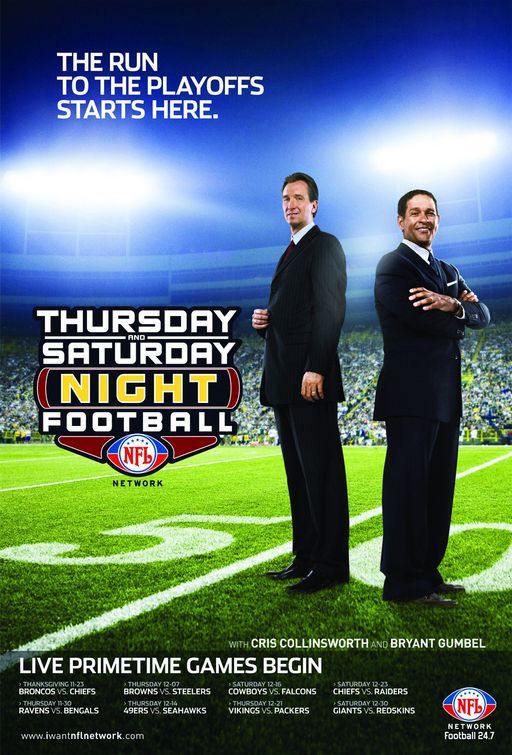
7. **Frank Lampard’s Ghost Goal: A World Cup Injustice**In the cutthroat environment of the FIFA World Cup, where national pride and billions in global viewership hang in the balance, a single goal can shift momentum and shatter dreams. For England fans, the 2010 World Cup Round of 16 match against Germany conjures painful memories of “Frank Lampard’s Ghost Goal,” a moment of officiating failure that significantly accelerated the adoption of crucial technology in football.
Trailing 2-1 against their arch-rivals, England launched a desperate attack just before halftime. Midfielder Frank Lampard unleashed a powerful shot from outside the box that soared over German goalkeeper Manuel Neuer. The ball struck the underside of the crossbar, clearly bounced down over the goal line, and then spun back out into play. It was, by any objective measure, a clear and legitimate goal.
However, neither Uruguayan referee Jorge Larrionda nor his assistant referee saw the ball cross the line. Despite the ball being undeniably over by a significant margin, play was waved on, and the goal was controversially disallowed. England’s players protested vehemently, but their pleas fell on deaf ears. The emotional and psychological impact was immense; had the goal stood, the score would have been tied 2-2, completely altering the match’s complexion. Germany capitalized, winning 4-1. This incident galvanized calls for goal-line technology, costing England a fair chance at World Cup progression and immense associated financial rewards.
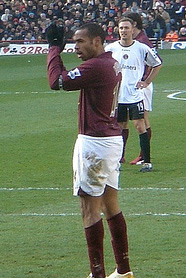
8. **The Thierry Henry Handball: A World Cup Qualification Stolen**The stakes in World Cup qualifying are immeasurable, encompassing national pride, global viewership, and astronomical financial implications. In 2009, a crucial playoff between France and Ireland for a 2010 FIFA World Cup spot became one of football’s most debated moments, sparking outrage and calls for immediate technological intervention.
During the decisive second leg in Paris, French superstar Thierry Henry committed a blatant act of handball—not once, but twice—to gain an unfair advantage. He clearly controlled the ball with his hand before assisting William Gallas for the game-winning goal in extra time. This egregious infraction, shockingly missed by officials, sealed France’s passage and shattered Ireland’s World Cup dreams.
The aftermath was a storm of controversy, with Henry later admitting to the illegal handling. The Irish FA campaigned to FIFA, though to no avail. This deception robbed Ireland of a legitimate chance at World Cup glory and the immense financial windfall from participation. The incident proved a powerful catalyst for technology adoption in soccer.
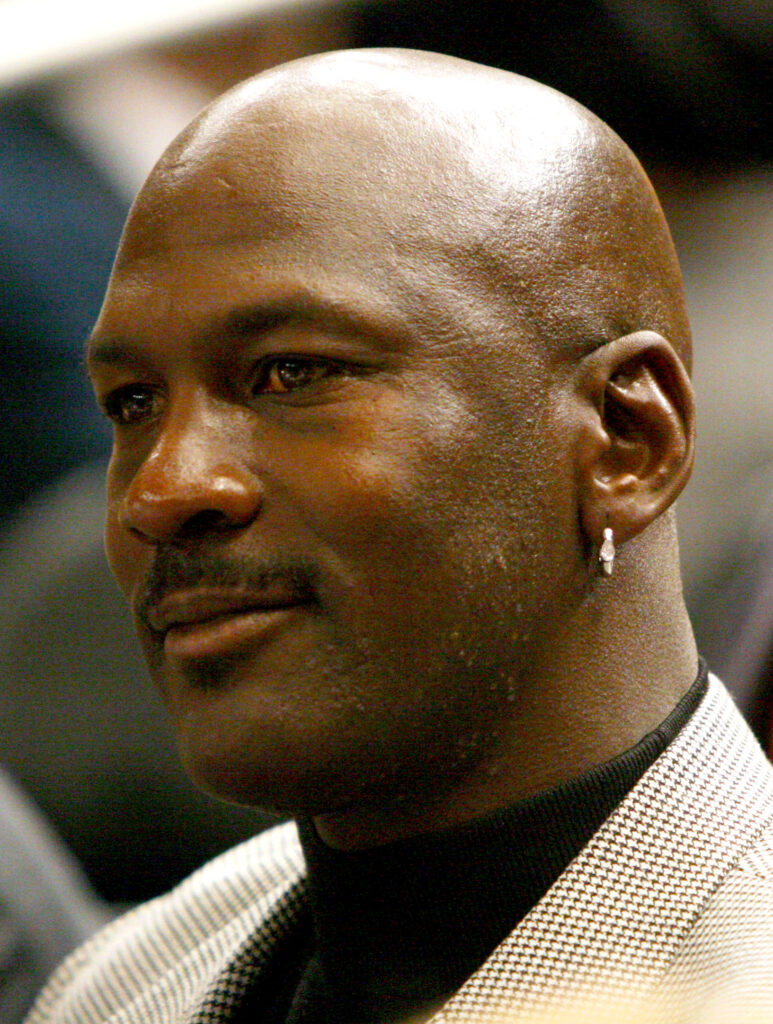
9. **Michael Jordan’s Push-Off: Sealing a Dynasty with Controversy**Michael Jordan’s final shot as a Chicago Bull is heralded as the pinnacle of his career, securing a sixth championship and cementing his legacy. Yet, for many Utah Jazz fans, that iconic moment in the 1998 NBA Finals remains tainted by a controversial, uncalled foul that potentially altered history and cost the Jazz their moment of glory.
With seconds ticking away, Jordan famously drove and elevated for the championship-winning jumper over Jazz defender Bryon Russell. However, replays suggest Jordan extended his left arm, pushing off Russell to create space. This physical advantage, if called, would have negated the basket and given Utah possession with a chance to win.
The whistle remained silent. No foul was called, the shot swished, and the Bulls secured their sixth NBA championship. This uncalled push-off denied the Jazz an opportunity to win the game and the immense financial and reputational rewards of an NBA title. It fuels passionate debates, showcasing how a single non-call can forever shape narratives in high-stakes championship games.
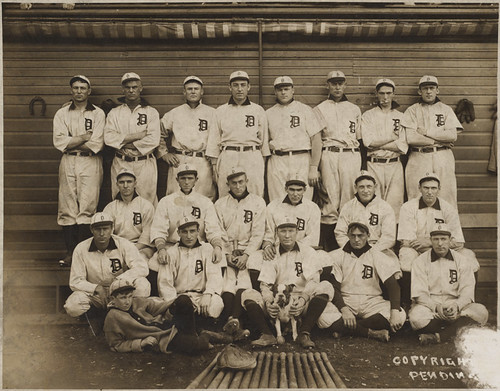
10. **Jim Joyce’s Blown Call: The Imperfect Game of Armando Galarraga**Baseball’s perfect game is a hallowed achievement, a rare feat of dominance where a pitcher retires all 27 batters without allowing anyone to reach base. In 2010, Detroit Tigers pitcher Armando Galarraga was agonizingly close to this elite history, only to be denied by a single, catastrophic blown call by umpire Jim Joyce.
Galarraga had been pitching a masterpiece, recording 26 consecutive outs against the Cleveland Indians, just one out away from immortality. The 27th batter hit a ground ball, first baseman Miguel Cabrera fielded it cleanly and threw to Galarraga covering the bag. Donald was clearly out, yet umpire Jim Joyce inexplicably ruled him safe, instantly erasing the perfect game.
Joyce, a respected veteran, was distraught, offering a tearful apology after realizing his error. This profound human moment of regret couldn’t undo the historical injustice. While not directly costing a team millions, it robbed Galarraga of an incomparable individual achievement and the immeasurable legacy and endorsements that would have followed a perfect game.
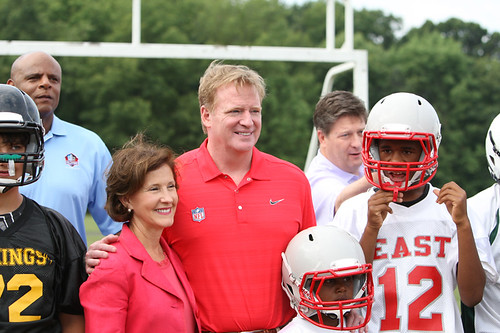
11. **The “Fail Mary”: A Defining Moment for Replacement Referees**The 2012 NFL season was marred by a lockout of regular officials, leading to inexperienced replacement referees. This turmoil reached its chaotic zenith in a Monday Night Football game between the Green Bay Packers and Seattle Seahawks, immortalized as “The Fail Mary.”
On the game’s final play, a Seahawks Hail Mary pass resulted in a simultaneous catch by Seattle’s Golden Tate and Green Bay’s M.D. Jennings. While NFL rules favor the offense in such a case, strong evidence suggested an interception or pass interference by Tate. Yet, the initial call was a touchdown for Seattle.
After a lengthy, confused review, the touchdown ruling inexplicably stood, giving the Seahawks a controversial 14-12 victory. The widespread outrage, condemning the officiating quality, became the tipping point. The “Fail Mary” forced the NFL to promptly settle its labor dispute, highlighting how damaged credibility and competitive balance exact a heavy reputational and financial toll on the league.
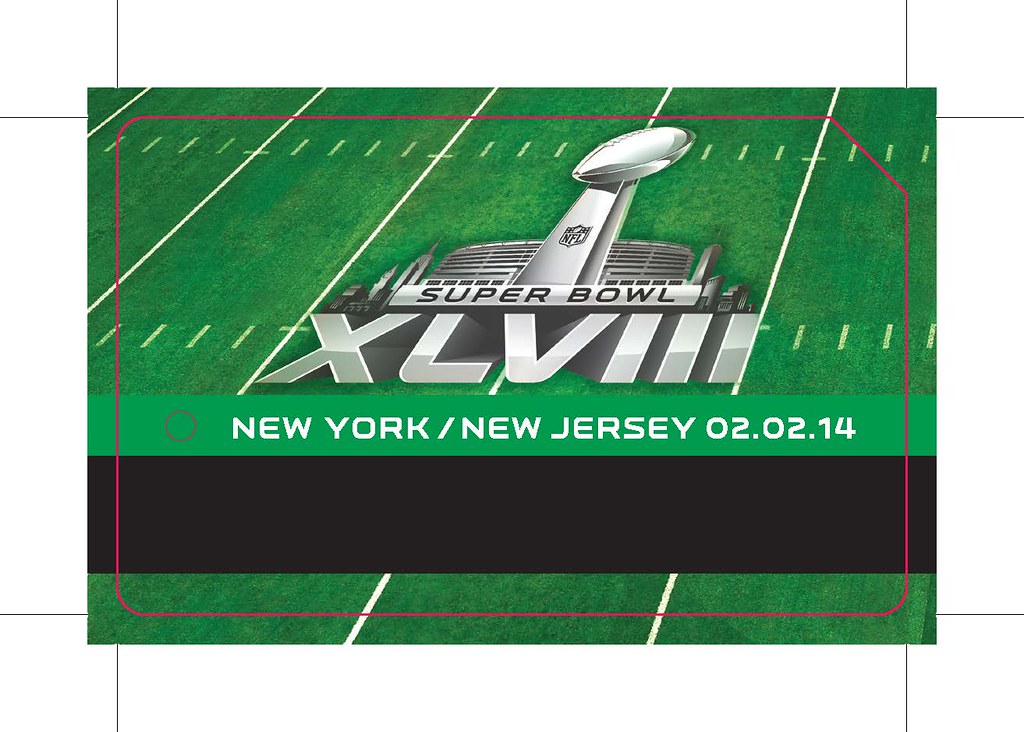
12. **Super Bowl XL: Controversy Mars the Grandest Stage**The Super Bowl is the pinnacle of American sports, a global spectacle of championships and billions of dollars. In 2006, Super Bowl XL, featuring the Seattle Seahawks and Pittsburgh Steelers, became infamous for controversial officiating decisions that many believe unfairly tipped the scales for the Steelers, robbing Seattle of their first Lombardi Trophy.
Throughout the game, several key calls went against Seattle. Questionable offensive pass interference, an early block-in-the-back penalty, and a crucial holding penalty negating a potential go-ahead touchdown all favored Pittsburgh. Perhaps most glaring, Steelers quarterback Ben Roethlisberger was awarded a touchdown despite replays suggesting the ball never fully crossed the plane.
These contentious decisions led to a strong belief that officiating disproportionately impacted the outcome, denying the Seahawks a fair shot at the title. The financial implications of winning a Super Bowl—from increased franchise value and sponsorship to merchandising—are immense, amounting to tens of millions. Super Bowl XL highlighted how a series of questionable calls can leave an indelible mark of injustice.
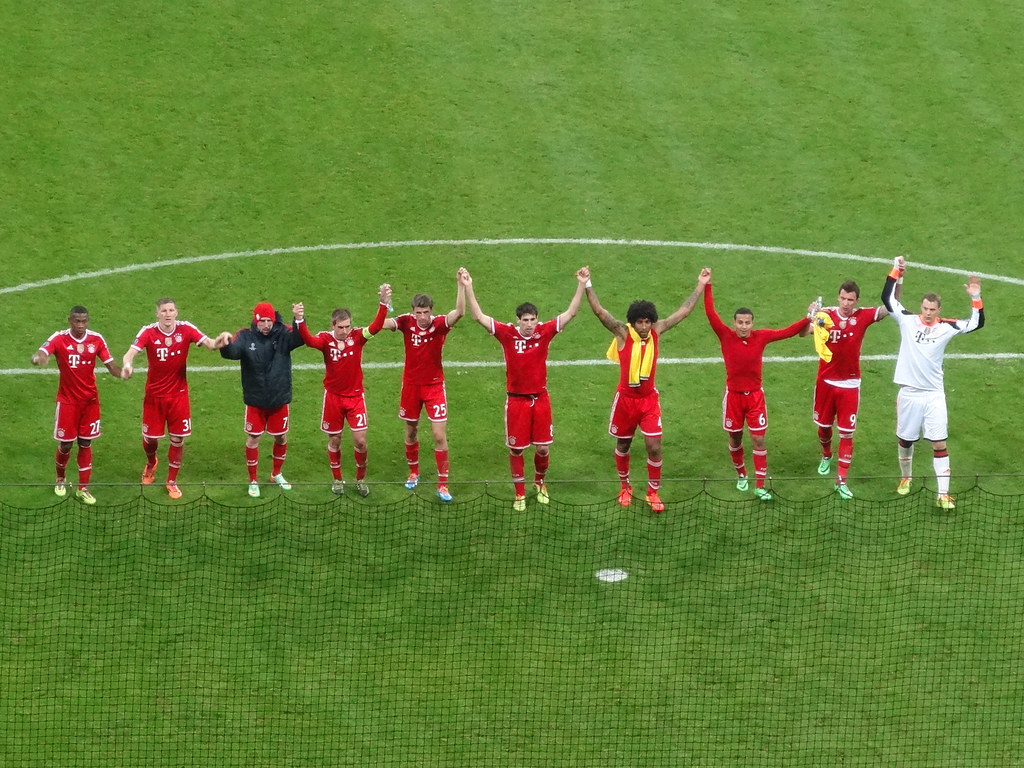
13. **Bayern’s Phantom Goal Dooms Nuremberg: A Bundesliga Nightmare**In European football, every point is vital, and the difference between survival and relegation can amount to tens of millions in revenue. One of the most bewildering and costly officiating errors occurred in a 1994 Bundesliga match between Bayern Munich and FC Nuremberg.
Bayern’s Thomas Helmer attempted a backheel shot. The ball clearly went wide, sailing past the post. Astonishingly, linesman Jorg Jablonski signaled a goal, and the referee awarded it to Bayern, despite immediate incredulity even from Bayern players.
Nuremberg ultimately lost 2-1. Had the phantom goal not been awarded, Nuremberg would have secured a crucial point. At season’s end, they were devastatingly relegated from the Bundesliga on goal difference. That single unearned point, directly influenced by the error, was precisely what they needed, costing the club untold millions and demonstrating the profound economic impact of a single, egregious officiating blunder.
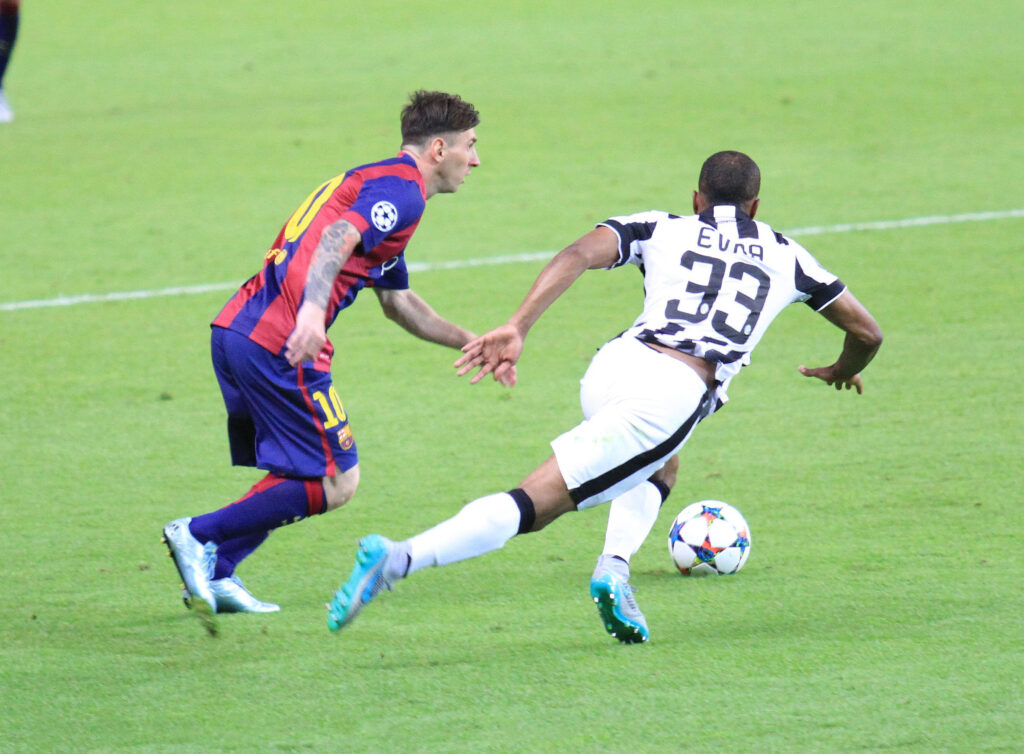
14. **Chelsea’s Champions League Rage: Denied a Final by Multiple Blunders**The UEFA Champions League brings unparalleled glory, immense fan fervor, and staggering financial rewards. In 2009, Chelsea Football Club was at the center of one of its most explosive controversies, feeling robbed of a final spot by a series of shocking non-calls against Barcelona.
In the semi-final second leg at Stamford Bridge, Norwegian official Tom Henning Ovrebo became the villain. Chelsea was denied no fewer than four clear penalty appeals, including clear fouls and handballs that went unpunished. The most blatant saw Barcelona’s Eric Abidal avoid a handball penalty.
Chelsea players and manager Guus Hiddink were apoplectic, believing the referee’s performance was actively detrimental. Barcelona ultimately scored a late equalizer, sending them to the final on away goals. Ovrebo later admitted, “It was not my best day really.” For Chelsea, being denied a final appearance represented a loss of immense prestige and tens of millions in prize money and global exposure.
**The Unseen Hand: Referee Decisions and the Fabric of Sports**
As we’ve journeyed through these unforgettable moments, it becomes abundantly clear that referees wield immense power. These controversial decisions, whether from human error, external pressures, or malfeasance, have rippled through sports, costing teams millions, denying athletes glory, and reshaping rules. From World Cup dreams shattered to championship legacies questioned, stakes are always astronomical. The quest for fairness, aided by technology like VAR, continues as sports grapples with maintaining integrity when fortunes hang on a single whistle. These moments remind us of sporting justice’s fragility and the profound human impact of split-second decisions.

